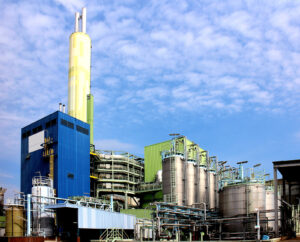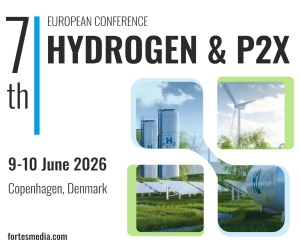CO₂ captured from municipal waste incineration and pulp mills offers the most promising near-term feedstock for synthetic fuel production, Germany’s environment agency (UBA) has found. The report cites high availability, low environmental trade-offs, and avoidance of issues linked to biomass monocultures as major advantages.
Synthetic fuels require green hydrogen and a carbon source, but scalable CO₂ supply remains a bottleneck. Waste-derived CO₂ is seen as more practical than expensive, immature direct air capture, though it may compete with BECCS projects aimed at negative emissions. Expanding thermal waste treatment could also cut methane emissions from landfills, the study notes.
CO₂ from Waste Incineration Seen as Best Short-Term Option for Synthetic Fuels











